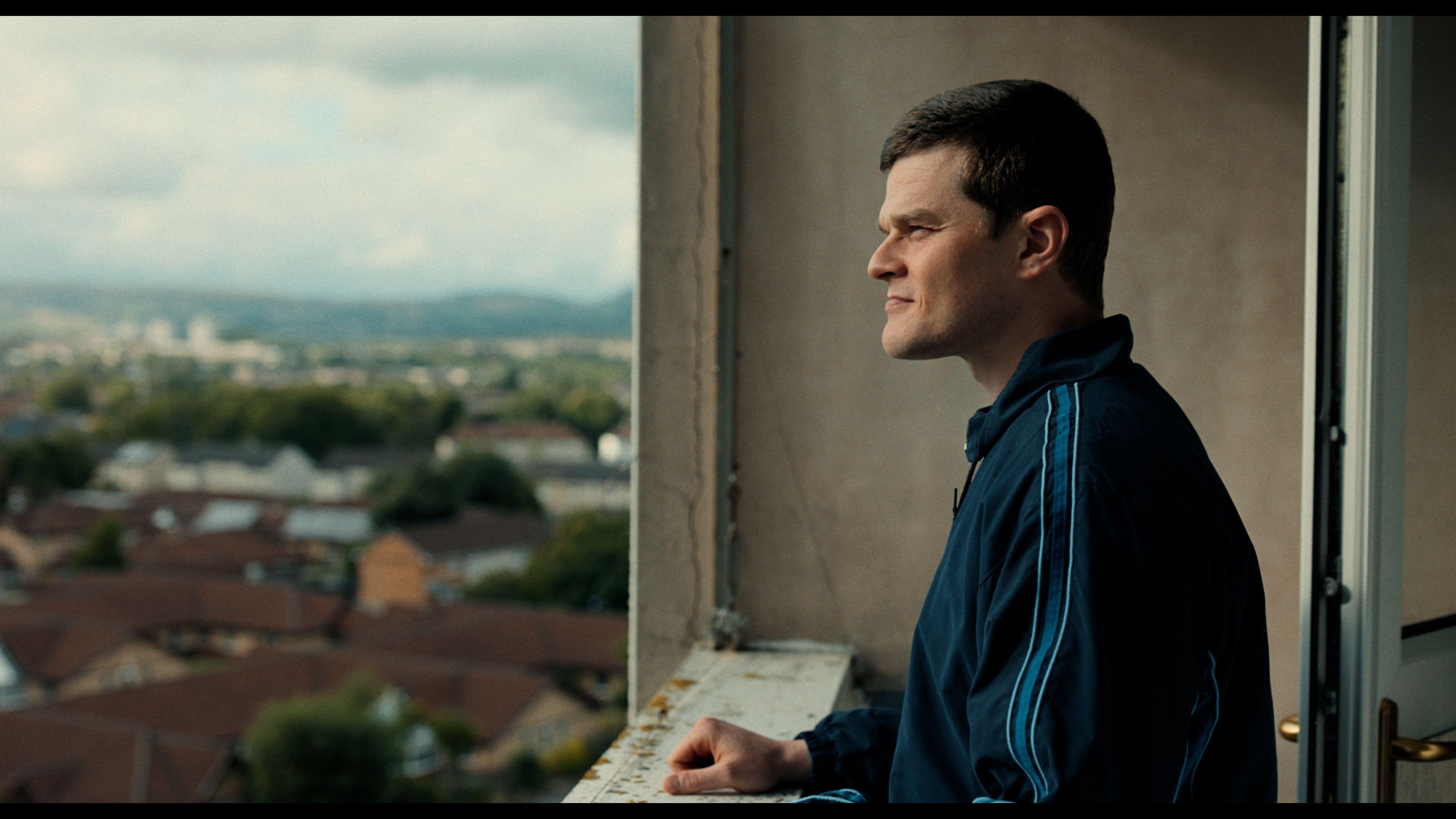'I've got Tourette syndrome and singing opera makes me feel free'

Megan Hastings says she was diagnosed with Tourette syndrome three years ago when she was 17
- Published
When Megan Hastings was 10 years old she began having "jerking tics" but thought it was anxiety.
Then during the Covid-19 pandemic when she was 16, she had what she describes as a "massive flare up" in which she was "punching" herself and "swearing" at her parents.
She had never heard of Tourette syndrome, external.
The 20-year-old says she has felt misunderstood ever since as someone with the condition, and that she has been mocked throughout her life.
That is, until she discovered opera singing - which the Royal Welsh College of Music and Drama student says makes her feel "free" as she does not have tics while performing and this helps her manage the condition.
Don't judge me, says girl, 12, with Tourette's
- Published3 May 2022
'I know 34 people who have taken their own lives'
- Published8 February
Changing attitudes to autism through photography
- Published25 August
Ms Hastings, a third-year student studying opera singing in Cardiff, told BBC Radio Wales Breakfast on Wednesday she had never heard of Tourette syndrome when she was a child.
When she was diagnosed with it along with autism in 2022, she said she did not get much support, so had to research the conditions herself.
"Grasping all of that in the span of a year when it is the biggest year of my life going into university was a struggle," she said.
"I'd never seen anyone else with Tourette's, so I was quite confused," she said. "I was so embarrassed, I spent most of my time trying to hide it."
But she says when she sings "you wouldn't think I had it, I feel so free".
The "small wins" like "being able to sing through songs and being in rehearsals, being comfortable and not in pain all the time" makes her feel good.

Megan Hastings says singing makes her feel comfortable
According to the charity Tourettes Action, external, the key symptoms are involuntary movements or tics and the condition affects one school child in every 100.
"It's very painful, your muscles are constantly working," said Ms Hastings.
"Your jerking muscles shouldn't be used as much."
'Very toxic'
She says one of her tics is punching herself in the thigh which is "not pleasant to live with".
"A lot of social media was very toxic back when I first had my diagnosis.
"There was a trend on TikTok and Instagram where tics and Tourette's were fashionable.
"It was desired, sometimes sexualised, and often mocked."
This behaviour was not limited to social media, she said, with people copying and making fun of her on the street.
She said she had spent her life trying to accept herself, and dealing with this kind of reaction made it hard to find the confidence to do so.

I Swear is in UK cinemas from 10 October
She is now hoping a new film about to hit UK cinemas, I Swear, about the life of John Davidson - who became the reluctant poster boy for Tourette Syndrome in 1989 when he was 16 - and his experiences while growing up, will make people more understanding.
'More patience'
When Ms Hastings saw the trailer for the film, she said she was "in tears" because she "finally saw raw representation of my condition on screen".
"There was no cutting or editing out the horrible bits that no one wants to see."
Ms Hastings said people often misinterpreted the actions of people with Tourette's and thought they were "aggressive or a monster", so to see a positive representation on the big screen felt "helpful".
"I hope that it helps with the diagnosis process," she said.
"I also hope that the public in general can take from the movie and give us more time and patience, we're still people."
She said if she had seen her condition in film or TV when she was a child, "maybe I wouldn't have just diagnosed myself with anxiety", or hidden it.
She also said it would have given her the confidence not to be ashamed.
I Swear is in UK cinemas from 10 October
Related topics
- Published24 September 2021

- Published20 September

- Published8 April
